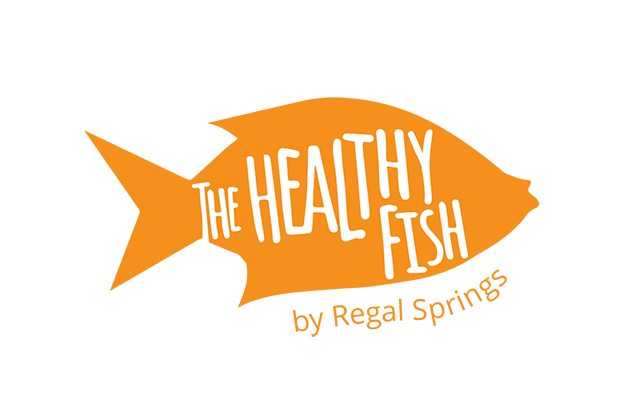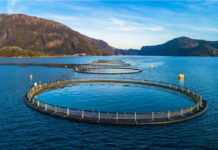According to a Greek proverb, “A society grows great when old men plant trees in whose shade they know they shall never sit.” This phrase speaks to the fact that long-term rewards require foresight and selflessness. And making choices based only on short-term interests can have negative impacts over the long term that you may not have considered.
When it comes to the health of the planet, here are a few simple changes you can make today that will result in long-term environmental benefits.
Reconsider Convenience

Our rushed lifestyle has resulted in a culture of convenience. Time is precious, so rather than spend hours doing laundry, we might choose disposable diapers over cloth, or paper towels over regular dishrags. Salad and carrots come pre-washed and pre-packaged (most often in plastic) to make it faster to whip up dinner. Coffee is consumed on the go, often in a disposable cup. The result? The average American discards about 4.4 pounds of garbage each day and global waste is on pace to triple by 2100.
What Can You Do?
Take stock of your waste to see where you are consistently producing garbage each day, then consider some simple swaps. Small, focused decisions can help you significantly reduce your waste footprint, which in turns curbs landfill development and carbon emissions.
- Bring along a reusable coffee mug or water bottle
- Slip a reusable fork and knife into your bag so you can refuse disposable cutlery on the run
- Compost rather than discard your food waste, if possible
- Use and reuse cloth napkins and dishrags
Limit Plastics
When plastic was invented it was seen as a revolutionary development: light, durable and inexpensive. Fast forward to now and we’re seeing the impacts because it is also virtually indestructible. Unless it was burned, every piece of plastic that has ever been created still exists today—and it’s causing huge ecological problems, clogging up waterways, filling our oceans and degrading into microplastics that are then ingested by animals and humans alike.
What Can You Do?
Taking steps to reduce your plastic use is really quite simple.
- Shop at bulk “zero waste” grocery stores, if there’s one in your area
- Choose condiments and sauces that come in glass rather than plastic, since glass is more readily recyclable
- When you can’t avoid purchasing plastic, always be sure to recycle it
- Bring your own cloth shopping bags when you go grocery shopping
Shop Organic and Sustainable

The food choices we make each day have big environmental consequences. Buying conventionally grown vegetables means choosing to consume pesticides—which are harmful to the soil and waterways, and may also be absorbed in trace amounts by the human body. Likewise, purchasing seafood that is not sustainably sourced can encourage overfishing, habitat damage and harmful catch methods. And purchasing meat usually has large environmental impacts.
What Can You Do?
Be a careful shopper, and take time to understand the origins of the food you are eating.
- Buy food with as little packaging as possible
- Try growing your own herbs and vegetables
- Consider buying organic food and cutting back on meat by eating more seafood or having a few vegan or vegetarian meals each week
- Choose seafood varieties that are not endangered and make sure it is from a supplier committed to sustainable harvesting practices. You can tell by looking for seafood labels such as the Aquaculture Stewardship Council, Ocean Wise and the British Retail Council
Making the right choices for the environment may not always be the least expensive or fastest option, but we hope you’ll agree that our planet is well worth the bit of extra effort.
Photo Credits: Monkey Business Images / Shutterstock Inc., Lisa Fotios / Pexels, Marian Weyo / Shutterstock Inc.






